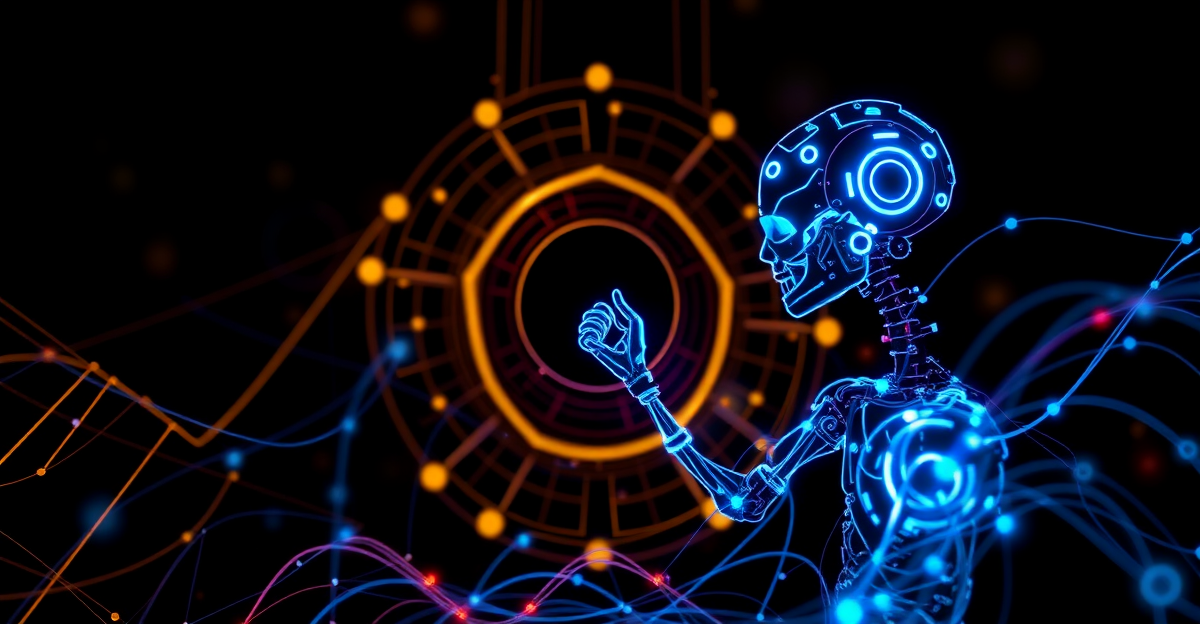Introduction to AI in Video Marketing
Artificial Intelligence (AI) is revolutionizing the world of digital marketing, and nowhere is its impact more profound than in the realm of video marketing. From personalized content creation to automated editing and efficient viewer analytics, AI is transforming how brands conceptualize, produce, and deliver video content.
Personalized Video Content at Scale
One of the greatest benefits of AI in video marketing is the ability to create highly personalized video experiences. By analyzing user behavior, preferences, and demographics, AI algorithms can generate video content tailored to individual viewers. This not only increases engagement but also enhances the relevance of marketing messages.
For instance, platforms now allow marketers to insert user names, location-specific content, or purchase history into videos dynamically. This level of personalization used to require hours of manual editing—now it happens almost instantly through AI automation.
Automated Video Creation and Editing
AI-powered tools have significantly simplified the video production process. Machine learning algorithms can now generate scripts, source footage, apply transitions, and even edit videos based on pre-defined templates or brand guidelines.
These tools often include natural language processing (NLP) capabilities that convert text into speech or visual cues, enabling content creators to generate explainer or promotional videos from a simple script. Startups, small businesses, and even large enterprises are leveraging platforms like Lumen5, Pictory, and Synthesia to streamline video creation workflows.
Enhanced Targeting and Distribution
AI helps marketers deliver video content more effectively through advanced targeting algorithms. By analyzing data such as viewing history, social media behavior, and even real-time engagement scores, AI can determine the optimal time, format, and platform for distribution.
Targeting the right audience with the right message at the right time significantly boosts return on investment (ROI) and reduces wasted ad spend. Platforms like YouTube and Facebook are now equipped with AI-based ad managers that recommend audiences, placement strategies, and even video versions optimized for performance.
Real-Time Analytics and Performance Optimization
Traditional video analytics like view counts and click-through rates provided only limited insight. Today, AI enables real-time analytics that dive deeper into how users interact with video content.
Heatmaps can track which parts of a video viewers watch most and where they drop off. Facial recognition and sentiment analysis tools can even gauge emotional responses to video content. This gives marketers the ability to iterate and optimize campaigns based on actual user responses rather than just superficial metrics.
AI-Generated Avatars and Virtual Influencers
A growing trend in AI-driven video marketing is the use of synthetically generated hosts or avatars. These AI-powered personalities can present products, answer FAQs, or entertain audiences 24/7 without human intervention. Virtual influencers like Lil Miquela have hundreds of thousands of followers and are actively being used in brand campaigns.
With deepfake and voice synthesis technology, companies can now create entire video campaigns using AI-generated talent, cutting down on production costs while maintaining high creative standards.
Challenges and Ethical Considerations
Despite its many benefits, integrating AI into video marketing is not without challenges. Issues like deepfake misuse, data privacy concerns, and algorithmic bias must be considered carefully. It is essential for marketers to use AI responsibly and transparently to maintain consumer trust.
Conclusion
AI is no longer just an optional tech upgrade—it’s a core component of modern video marketing strategy. From personalized content to intelligent distribution and advanced analytics, AI is driving unprecedented efficiency and creativity. As the technology continues to evolve, businesses that embrace these AI tools will be better positioned to captivate audiences and stay ahead in an increasingly competitive digital landscape.






